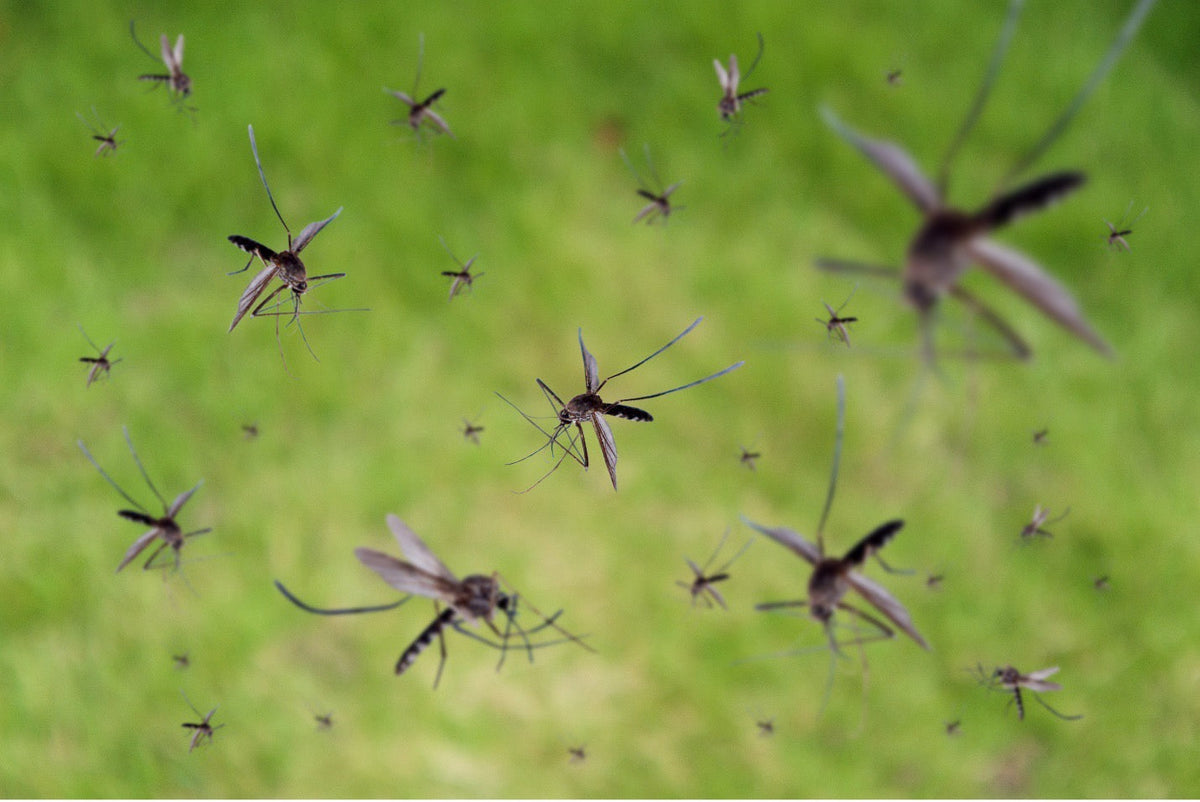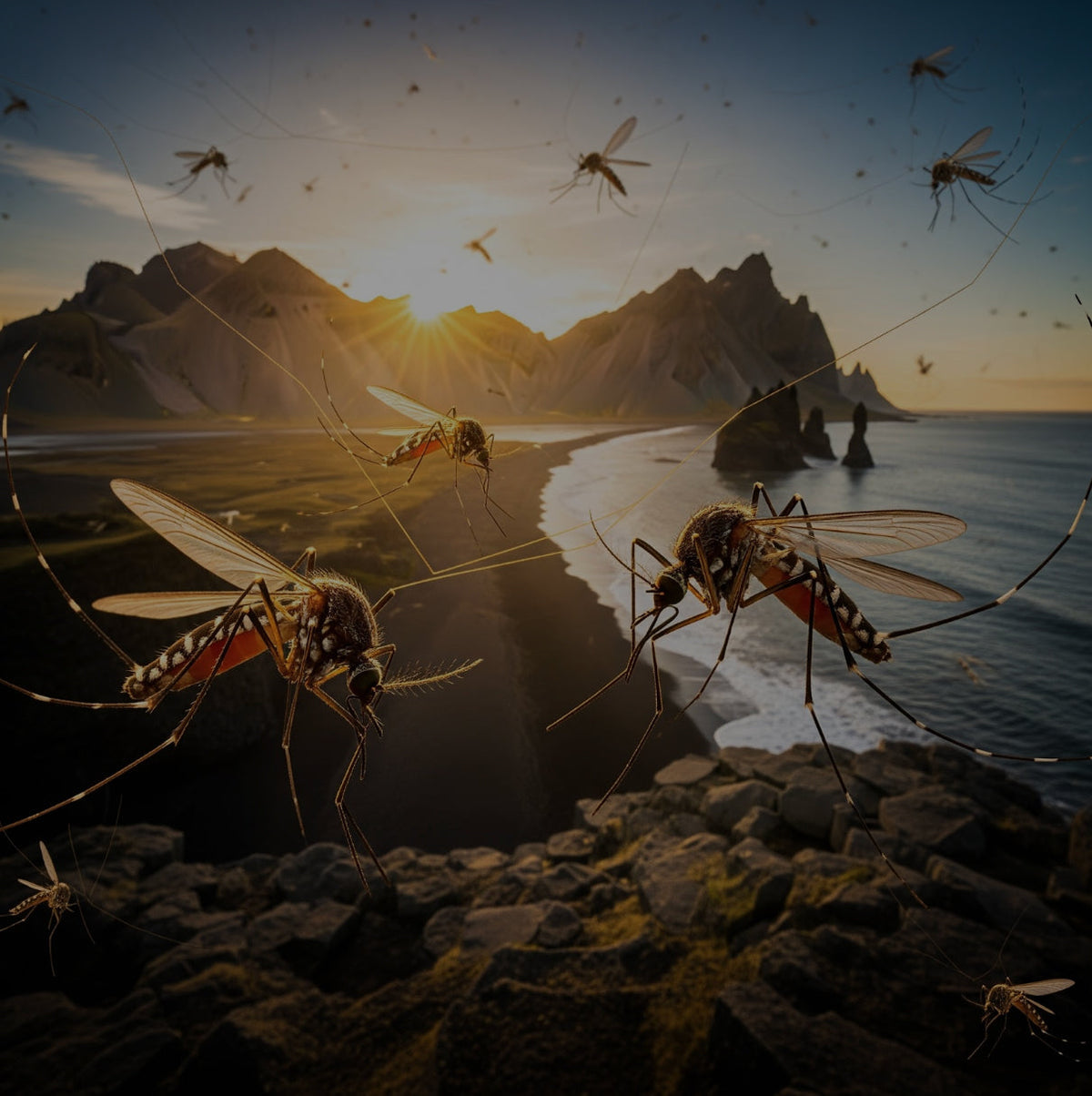
High Rate of West Nile in Duval County, Florida
While Florida's Duval County may be known as the birthplace of The Allman Brothers and personal computers, it now has a far more notorious claim to fame. As of mid-2018, Duval County has seen increasingly high rates of the West Nile virus.
At the onset of 2019, Duval County Department of Health officials reported the county had the highest rate of West Nile virus in the entire state. The county is taking action to help protect its residents, along with offering several ways people can do the same for themselves.
West Nile Virus Explained
The West Nile virus, which is spread by infected mosquitoes, weakens the immune system. In most cases, those infected with the virus don't experience any symptoms. About 20 percent of those infected will exhibit symptoms that resemble the flu, with a fever, headaches, body aches, diarrhea and vomiting.
Rare cases of West Nile have resulted in more serious symptoms and illnesses, such as meningitis and encephalitis. Symptoms in those cases can include paralysis, tremors, vision loss and coma. The virus may be fatal for those with weaker immune systems, such as the very old or very young. Florida had one death due to West Nile in 2018.
West Nile on the Rise
West Nile rates started climbing in Duval County in 2018, with 11 cases reported by August. A January 2019 report brought the total West Nile cases in Duval up to 13, compared to 29 in the entire state of Florida. No cases of West Nile were reported at all in Duval County in 2017.
The increase in West Nile cases throughout the county does not have a scientific explanation, according to health officials, although several factors can contribute to an increase in the virus. These include an alignment of:
- The types of mosquitoes that can transmit the virus
- Infected animals, especially certain bird types, that can transmit the virus to biting mosquitoes
- Optimum rainfall and temperatures for virus conditions to thrive
Even if West Nile has increased in a specific area, simply avoiding that immediate area is not a fail-proof solution. Mosquitoes carrying the virus can fly up to distances of five miles, while birds carrying the virus can travel even further.
Protecting Against West Nile
In addition to spraying areas prone for mosquito larva, Duval County is encouraging people to take action to reduce their risk of exposure to mosquitoes. Steps to take include:
- Getting rid of all standing water, including the water in plastic swimming pools when they're not in use
- Ensuring permanent pools have adequate levels of chlorine
- Wearing mosquito repellent
- Covering the skin with long sleeves and pants during outdoor activities
- Repairing broken screens or other holes through which flying insects can enter the home
1 Response
Leave a comment
Comments will be approved before showing up.






Grannie
May 02, 2019
Our neighbors have multiple small artificial Lilly ponds in their yard. We seem to have MUCH more of a problem with noseeums and misquitoes than our neighbors and I am so highly allergic I have taken to staying indoors most of the time. I know they can breed in the smallest amount of water but is there any laws that people not have standing water such as this without treating it ? There is a treatment, right ? Would it hurt the plants at all ?